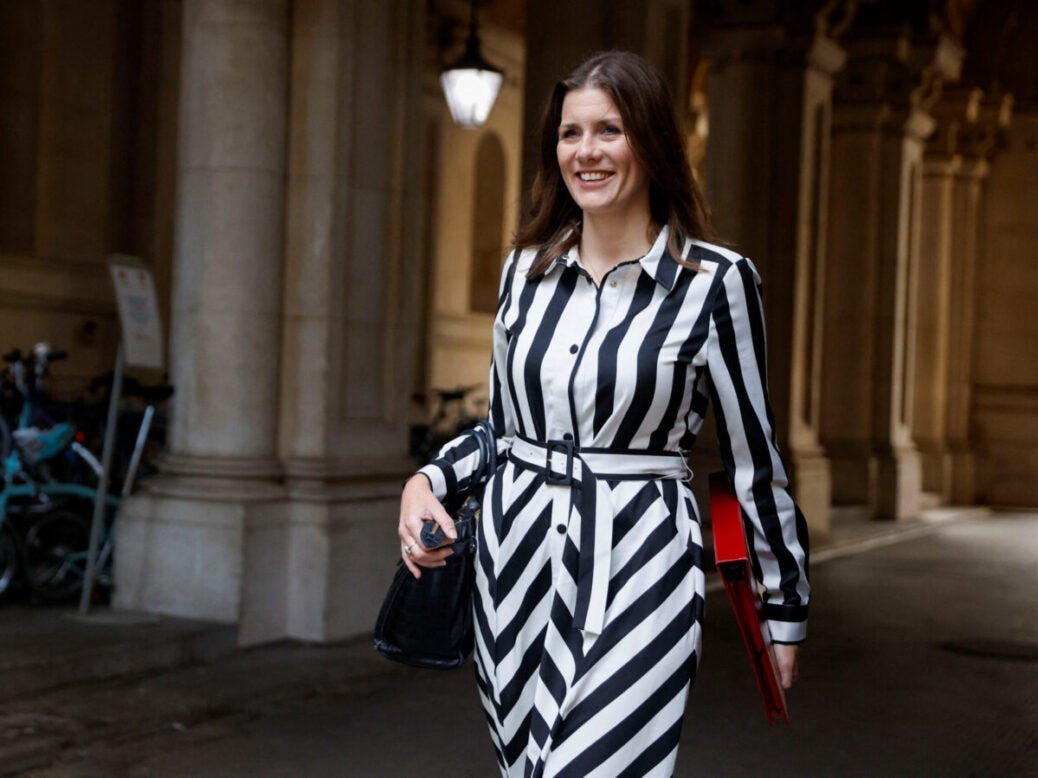
It was not so long ago that the Department for Digital, Culture, Media and Sport (DCMS) was known as the “Ministry of Fun”, but the brief is now central to government policy, writes Sebastian Cuttill of the PPA.
The new Secretary of State at the department, Michelle Donelan, has the opportunity to make bold choices that will improve lives across the country, and guarantee the sustainability of the UK specialist media sector.
The growth of the department – ‘digital’ was added to the name in 2017 – mirrors that of UK publishers. Over three-quarters of UK publishers now distribute content through five or more channels, with over 40 million people in the UK accessing specialist content every month. The sector is worth almost £4bn to the UK economy, and is also a key cultural export. There is no question that UK specialist media titles are the best in the world. Government policy now needs to match the agility, innovation and ambition of specialist media publishers with world-leading policymaking.
The Secretary of State cut her professional teeth in marketing for Marie Claire magazine, a title now owned in the UK by the digital publishing success story Future. Yet digital publishers are constrained by the dominance of global big tech companies, which have entrenched market power that raises costs for consumers and businesses.
The government must prioritise legislation to empower the Competition and Markets Authority’s Digital Markets Unit (DMU), which will rebalance the relationship between platforms and publishers, and support a thriving digital economy. There is also a risk that further delay to the legislation will see the UK compelled to mirror less effective EU legislation, losing a key Brexit opportunity.
The DCMS Online Advertising Programme is also under way, reviewing the system of industry self-regulation. DCMS must be extremely cautious about implementing any measures that could increase costs for publishers, which, as consumer-facing businesses, already have significant incentives to prevent users viewing harmful ads.
Another key piece of digital policy is the Online Safety Bill, aiming to make the internet a safer place for UK citizens. At present, it is feared the bill’s protections for “recognised news publishers” do not extend to many independently regulated specialist titles, meaning opaque algorithms may deny UK citizens access to trusted content on a range of topics. We hope that a Secretary of State who understands the value of specialist content will reconsider the PPA-backed amendment to protect specialist publishers.
The future of the BBC also promises to be a focus for the new Secretary of State, who has previously spoken out against the licence fee. Any decision on an alternative funding model must account for the impact on the commercial sector: funding the corporation through advertising or subscriptions could damage publishers by reducing ad or subscription income.
DCMS has myriad opportunities to support our sector, yet coordination across government will also be critical to ensure coherent policymaking and prevent unintended consequences. For example, the mooted Online Sales Tax, if applied to specialist titles, could counteract the benefit of polices designed to bolster publisher sustainability. Instead, the Treasury and DCMS should work together to look at tax reliefs that would spur investment in innovative, new digital products.
Finally, the issue of skills is one that requires cross-departmental coordination: changes to the apprenticeship levy and a laser focus on boosting digital skills will be imperative if the publishing sector is to grow and innovate at pace. If publishers are unable to access the talent that can realise their ambitions, the benefit of positive regulatory changes will be sadly limited.
Clearly, DCMS has grown into a department with the power and responsibility to transform the UK economy, and have far-reaching impacts across the digital space. This gives Michelle Donelan a huge opportunity to bolster the sector where she began her professional life, supporting UK specialist media businesses to retain their unparalleled global status.
Sebastian Cuttill is senior public affairs executive at the Professional Publishers’ Association.
Picture: Reuters/John Sibley
Email pged@pressgazette.co.uk to point out mistakes, provide story tips or send in a letter for publication on our "Letters Page" blog
